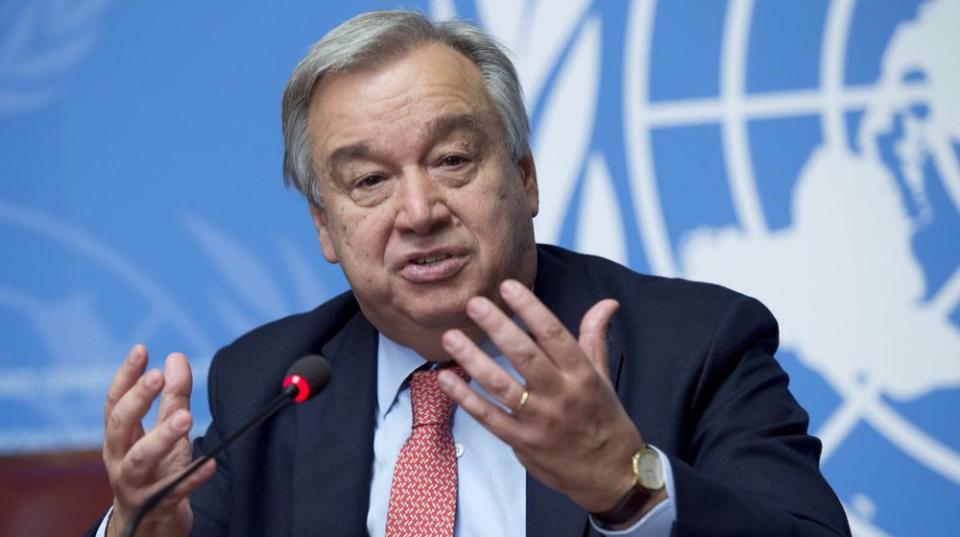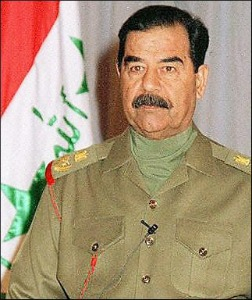UN Secretary-General António Guterres has called on the United States to lift or waive sanctions against Iran's oil sector, stressing the importance of resuming the Joint Comprehensive Plan of Action (JCPOA), commonly known as the Iran nuclear deal. The UN Political Affairs chief, Rosemary DiCarlo, conveyed Guterres's position to the Security Council, emphasizing that the JCPOA remains the best available option to address disputes over Iran's nuclear program.
DiCarlo stated that for the deal to resume, the U.S. must also lift or waive sanctions and extend waivers related to oil trade with Iran. The JCPOA, adopted just over eight years ago, was initially hailed as a historic breakthrough, but DiCarlo noted that the hope it engendered has diminished.
The UN pledged to encourage all parties involved to exercise maximum restraint and explore diplomatic avenues to restore the JCPOA. DiCarlo underlined that the success or failure of the deal, especially in the current global security climate, is of significance to all nations.
In response to the U.S. withdrawal from the JCPOA in 2018, Iran began taking remedial measures in May 2019, gradually reducing its commitments as European parties failed to fulfill their obligations. The Atomic Energy Organization of Iran (AEOI) chief emphasized that illegal sanctions have not hindered Iran's peaceful nuclear energy program.
Additionally, Russian Permanent Representative to the United Nations, Vasily Nebenzya, denied allegations that Iran supplied Russia with military equipment in violation of UN Security Council Resolution 2231. He refuted claims of drone deliveries for use in the Ukraine war, asserting that there is no credible evidence supporting such accusations. The allegations first surfaced in July 2022 when the U.S. National Security Advisor suggested Iran's preparation to provide Russia with drones for military purposes. Both Iran and Russia have consistently denied these claims.

















